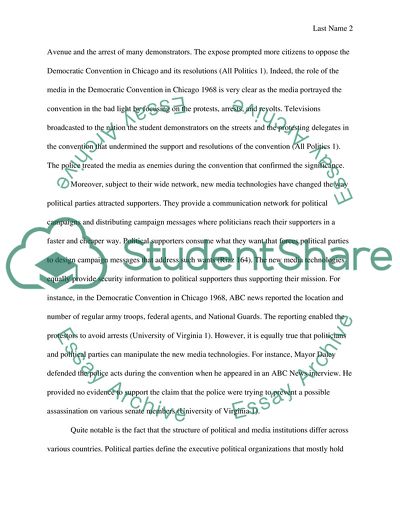Cite this document
(The Media and the Democratic Convention in Chicago 1968 Literature review Example | Topics and Well Written Essays - 1750 words, n.d.)
The Media and the Democratic Convention in Chicago 1968 Literature review Example | Topics and Well Written Essays - 1750 words. https://studentshare.org/media/1847796-the-media-and-the-democratic-convention-in-chicago-1968
The Media and the Democratic Convention in Chicago 1968 Literature review Example | Topics and Well Written Essays - 1750 words. https://studentshare.org/media/1847796-the-media-and-the-democratic-convention-in-chicago-1968
(The Media and the Democratic Convention in Chicago 1968 Literature Review Example | Topics and Well Written Essays - 1750 Words)
The Media and the Democratic Convention in Chicago 1968 Literature Review Example | Topics and Well Written Essays - 1750 Words. https://studentshare.org/media/1847796-the-media-and-the-democratic-convention-in-chicago-1968.
The Media and the Democratic Convention in Chicago 1968 Literature Review Example | Topics and Well Written Essays - 1750 Words. https://studentshare.org/media/1847796-the-media-and-the-democratic-convention-in-chicago-1968.
“The Media and the Democratic Convention in Chicago 1968 Literature Review Example | Topics and Well Written Essays - 1750 Words”. https://studentshare.org/media/1847796-the-media-and-the-democratic-convention-in-chicago-1968.


